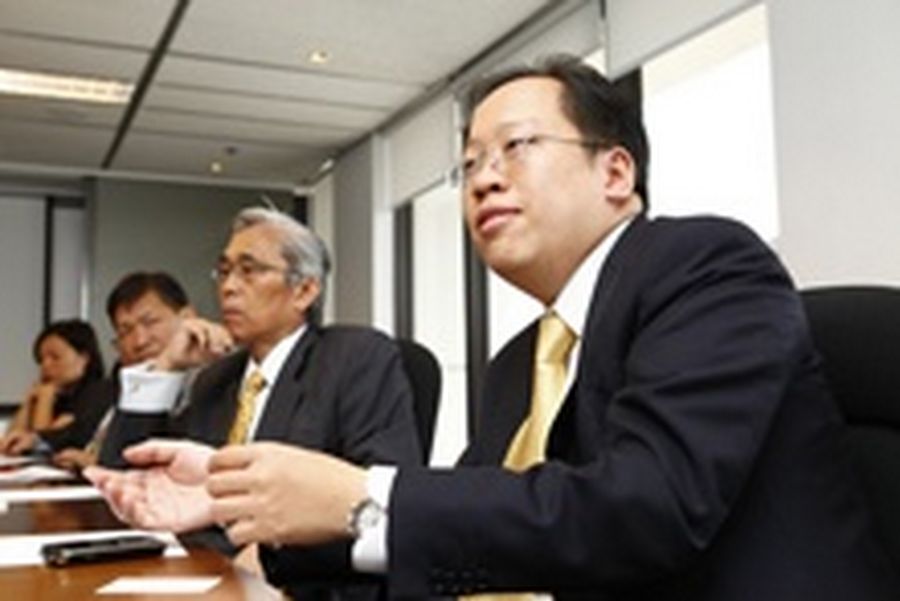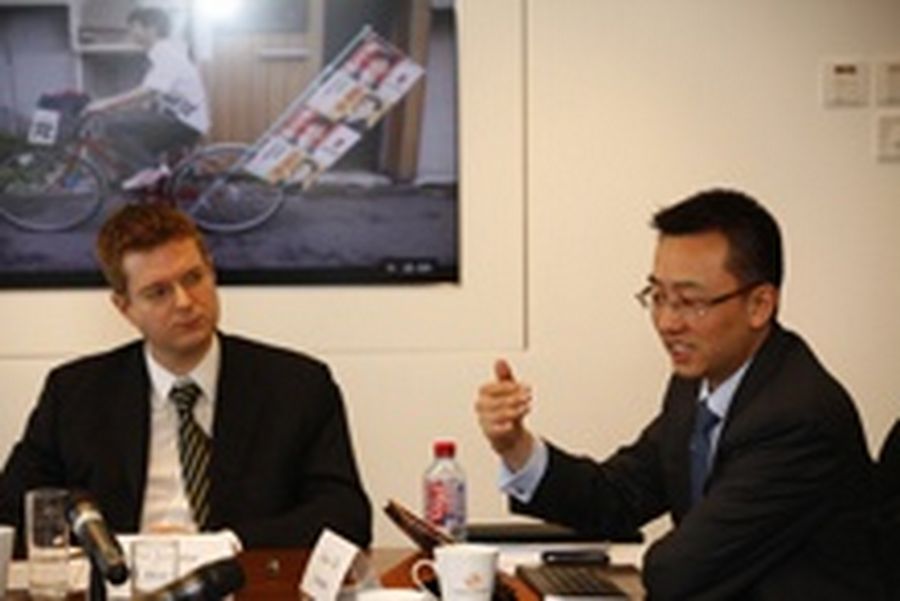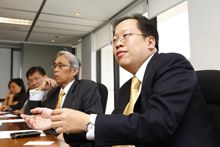IFR: Let’s turn that question back on the investor base. Angus, presumably you look at the overall rating, rather than the standalone, don’t you?
Angus Hui: I’d say it’s a bit of both. At the end of the day, the probability of default is the ultimate question. So, we can’t ignore government support from a pricing aspect, but also expectation of credit quality does change. In some cases, government support may come at a late stage. I don’t want to name it, but, in Hong Kong a couple of years ago, there was a case where the credit quality was deteriorating and the support came through mainly indirect measures. It’s also a question of expectations and the bond market certainly can react to expected changes in government support. Son it’s better to have the standalone rating.
Ivan Chung: The difficulty here is that SOE reform has come a very long way, but they’re not going towards complete commercialisation. A few of them have retained some of the social and policy function. They are still expected to deliver some of that function, which may weaken their financial profiles, but their government support will strengthen as a result. The analysis is more of an art in China.
Angus Hui: When we look at the offshore renminbi market as opposed to the US dollar market, there is actually quite a big difference for some of the SOEs in terms of price. However, for a lot of purely private high-yield issuers, the pricing difference is not very significant. The investor base here has a different perception in terms of government support if a company was doing a dollar bond. There’s no right or wrong way, it’s just a different way of looking at it.

IFR: Is there demand for high-yield in Dim Sum?
Angus Hui: It’s selective. Certainly for names that have strong recognition, there is still demand not only in renminbi, but also in dollars. However, for the new or very low-quality issuer, it’s challenging. We’ve seen a few successful high-yield issuers in renminbi in the last couple of months that have done very well. So, there is demand there.
“People aren’t punting on currency appreciation, but are buying credit for real. Overall, I’m very positive.”
IFR: Well that about wraps up the major issues in the Dim Sum market today. So, what’s going to happen in the next 12 months?
Michael Lam: Someone asked me towards the end of 2011 if volumes were going to double in 2012, and I said not a chance, but we could get another 50%. Now, I don’t think we’re going to get there this year, but I also don’t think we should look at last year as the best benchmark. It was an explosive year that had to consolidate before the next round of growth.
You can certainly tell that things are going in the right direction, whether it’s government policy or HSBC doing a deal out of London, for example. We’re in a phase of consolidation, but it’s good. People aren’t punting on currency appreciation, but are buying credit for real. Overall, I’m very positive, but that sentiment is a longer-term one. I don’t have a particularly bullish view on the market over the next 12 months.
Philip Li: in view of the slowing economy in China, we won’t have so many Dim Sum issuers coming to Hong Kong. Of course, things can change suddenly, but, in the current situation, I don’t think the volume will be huge. After a few months of consolidation, you can see the market grow much faster in the next wave. So, we have to be prepared for that.
John Ho: I see the renminbi market as driven more by politics than by economics. As with anything driven by politics in China, it has to be seen as positive. It’s hard to say what will happen in the next 12 months, but I’m positive about the renminbi in the near future.

IFR: Will you be back in the market in the next 12 months?
John Ho: I doubt it.
Ivan Chung: The market is moving in the right direction in terms of more transparency, more ratings, better covenants and that will help for a more sustainable development going forward. Government policy is long-term supportive, but I don’t see big changes in the next six or 12 months because of the transition in China. I’m optimistic simply because of the critical mass of this market. China’s central bank has Rmb1.9trn of swap limits with other central banks and, every month, there’s another Rmb200bn of trade settled in renminbi, and this will continue to support the market.
“The global markets have been quite tricky, and expectations for the renminbi have gone from appreciation to flat to the dollar, but still the Dim Sum market has held up very well. That helps confidence.”
Chris Lee: I’m optimistic. China has set a policy and will make it work. It’s just a matter of time. From an S&P perspective, what we want to do is provide more transparency and more research on unrated issuers. Very shortly, we will start to look at unrated SOEs and some of the largest companies in China.
Francis Ho: The pace will be slower than in the early years, but the market will continue to develop. The Dim Sum market can still serve different entities very well – quasi-government entities can fund at attractive costs, and other companies cannot disregard CNH when they’re looking at their options. I’m fairly optimistic. A lot of that will be driven by GDP growth, which will boost liquidity, but it also depends on the PBoC and financial authorities. If companies can get better terms on the Chinese mainland, then, arguably, they will see less need to come to Hong Kong.
IFR: Will you be out in the market in the next 12 months?
Francis Ho: It’s a market we cannot ignore. The official answer is that the Hong Kong dollar will be facing commercial challenges until the end of the 50-year handover period, and investors have been diversifying already. In the long term, the renminbi will be the currency of choice for everyone with exposure in Hong Kong.
Gina Tang: Well there is a pretty clear consensus here. From our perspective, HSBC will remain committed to seeing this market develop. We act as a facilitator between the various market participants, and the dialogue with international issuers and investors is still very active. Extending the investor base globally, to central banks and others, and developing liquidity in different parts of the world will remain one of our core areas of focus.
IFR: Do you think 2013 will be a bigger year for Dim Sum?
Gina Tang: I’d say probably stable.
Angus Hui: As the first two years were very fast, we’re now in a stage of fine-tuning. The developments outside of Hong Kong are interesting and will help the overall longer-term growth. One thing you’ve seen in the past couple of years is that the global markets have been quite tricky, and expectations for the renminbi have gone from appreciation to flat to the dollar, but still the Dim Sum market has held up very well. That helps confidence that the market will continue to grow.

